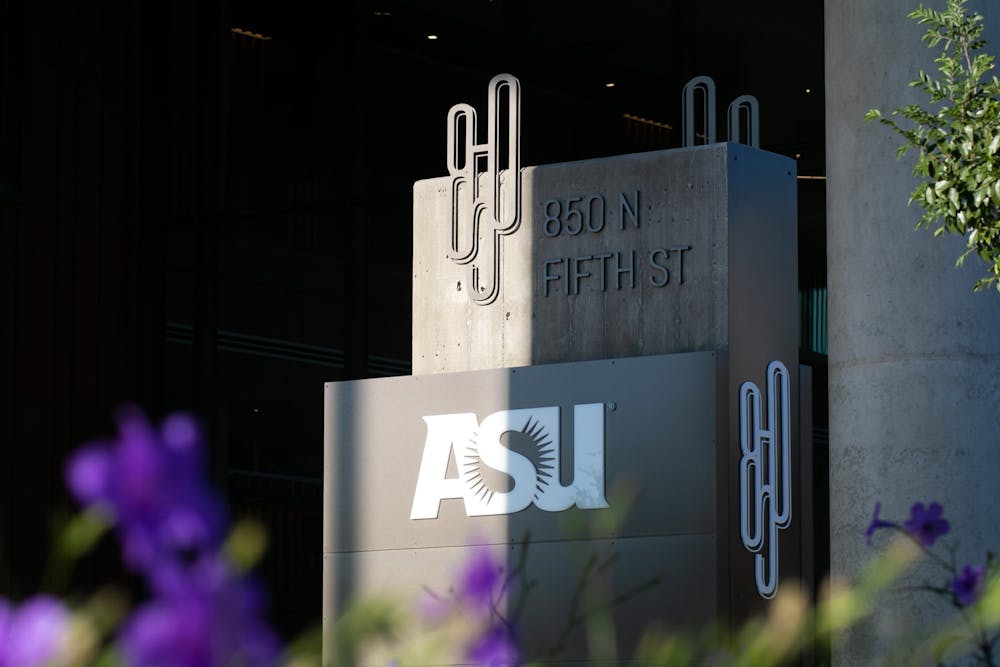Phoenix City Council voted to fund the Bioscience Healthcare Strategic Initiative for the 2021-2022 fiscal year last Tuesday, a plan set to help create new job opportunities for ASU graduates in bioscience and healthcare fields.
Introduced in 2018, the initiative was created to expand, strengthen and sustain a world-class bioscience industry in Phoenix.
Three years later, Phoenix is now fifth in the U.S. as a top emerging cluster according to CBRE's 2020 annual U.S. Life Science Report.
More than $3.25 billion will have been invested in bioscience and healthcare facilities in Phoenix, by the end of 2021, creating over 8,000 jobs, according to the city.
"There are more jobs coming, a lot more. As companies in the Phoenix area continue to grow, they eventually create companies around them that need jobs to service them," said Joan Koerber-Walker, president and CEO of the Arizona Bioindustry Association.
Calviri, a company founded by Stephen Johnston, a professor at ASU and the director at the Biodesign Center for Innovations in Medicine, is developing a preventive cancer vaccine in the heart of Phoenix.
Startup companies in Phoenix are looking for young professionals who can bring new ideas to the table, to help the industry grow exponentially, Johnston said.
"We want young people that are well trained, but are ambitious and energetic, and we let them grow within our company," Johnston said.
Johnston emphasized students don't need to have years of professional experience, as long as they're willing to offer new and innovative practices.
"We look for anybody that comes from a different perspective because they often look at things we do with different eyes," Johnston added.
Calviri bio-scientist, Thatcher Hoppe, graduated from ASU in May 2021 and found a job at Calviri just a week after he earned his degree.
"A lot of issues that arise can be overthought, and there can be simpler solutions that fresh graduates will notice, that maybe someone else may miss," Hoppe said.
Hoppe majored in molecular biosciences and biotechnology, and he said he's excited to see his area of study growing at such a rapid pace.
"We have new ways of looking at problems, nothing is set in stone. People around me are willing and able to think outside the way things have always been done," Hoppe said.
Johnston and his young team are conducting the nation's largest clinical trial in dogs on the Phoenix Biomedical Campus, developing groundbreaking technology for early cancer detection.
"We're unique in our technologies, we probably have the most advanced technology out there in terms of early cancer detection," Johnston said.
When Phoenix funded the initiative, it also authorized AZBio's participation in the BIO International Convention — the largest event for the biotech industry in the world.
The annual convention hosts 6,200 guests from 55 different countries, offering up knowledge and networking opportunities in 2021.
The approval of the initiative is expected create citywide development for years to come, putting thousands more Arizonans to work in the process.
Reach the reporter at dljohn62@asu.edu and follow @djohnshotit on Twitter.
Like The State Press on Facebook and follow @statepress on Twitter.
Continue supporting student journalism and donate to The State Press today.




